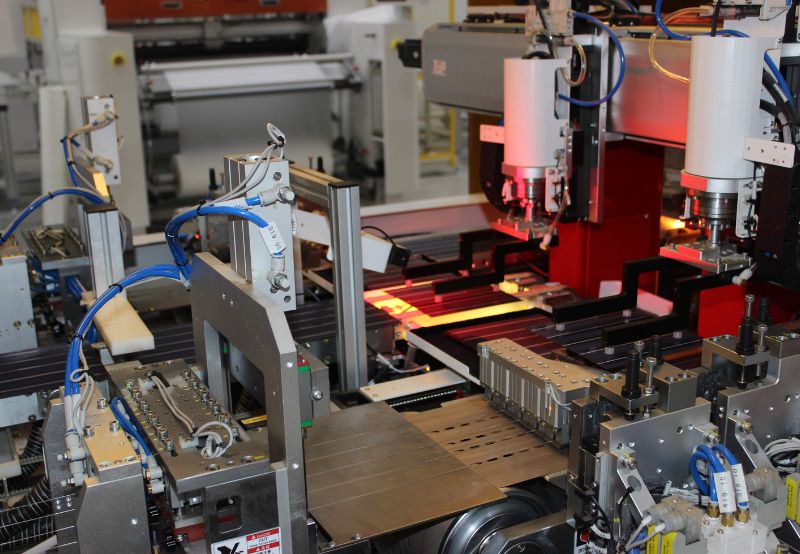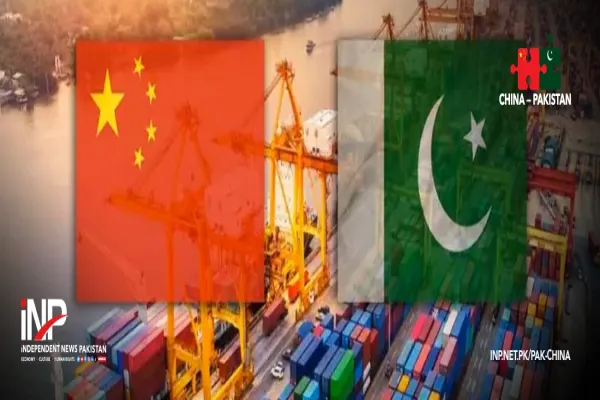i NEWS PAK-CHINA
Efforts are underway to make silicon wafers directly available in Pakistan through Daraz.pk, the country’s largest e-commerce platform and an Alibaba Group subsidiary, cutting cost by 90%. The move aims to address one of the key barriers in local hardware and semiconductor research, the limited and costly access to wafer materials essential for experimentation and prototyping.
Speaking to Gwadar Pro, Toor Khan, Founder and CEO of South Asia Semiconductor Pvt. Ltd., said that discussions with several Chinese manufacturers are progressing to make wafer products available online. He explained that the initiative could reduce procurement costs by more than 90 percent, allowing researchers, startups, and universities to order wafers locally with shipping costs as low as USD 2, compared to the USD 40–80 usually charged by international couriers.
Khan added that the company is also developing Pakistan’s first locally fabricated PMOS transistor, a fundamental component used in nearly all modern electronics. The project is currently in the early R&D and prototyping phase, with the first working prototype expected within the next two to three months. The goal, he said, is to demonstrate that Pakistan can design and fabricate its own silicon transistor using locally available processes and equipment.
He further shared that the broader plan involves establishing a semiconductor fabrication and training facility in the Islamabad Technology Zone (STZA), where students, researchers, and engineers can gain practical experience in chipmaking. “Our roadmap starts with discrete transistors and will expand into power ICs, MEMS devices, and memory chips,” he explained.
As part of these efforts, Khan highlighted a recent milestone encouraging Chinese silicon wafer suppliers to register on Daraz.pk, which could lower material shipping costs to around USD 2 per delivery. He described this as a small but significant step toward making semiconductor research more affordable in Pakistan. Pakistan’s growing interest in semiconductor design, power electronics, and MEMS research has long been constrained by the absence of a domestic supply chain for essential materials such as silicon wafers.
Researchers often depend on foreign vendors, face lengthy customs procedures, and incur high transportation costs, making even small-scale research prohibitively expensive. Two Chinese manufacturers, Leze Laser Technology (Shenzhen) Co. Ltd. and Chengdu Paralight Optics Co. Ltd. have already expressed interest in listing their products on Daraz.pk.
If successful, this would create Pakistan’s first localized semiconductor material supply channel, significantly improving access for academic and industrial users. Instead of establishing new warehouses or distributors, the plan will rely on Daraz.pk’s Global and Cross-Border Seller Program, which enables international suppliers to list directly on the platform. Since Daraz already consolidates shipments from China, this model minimizes logistics costs and offers a practical solution for lightweight materials such as wafers.
Khan said these developments are part of a broader effort to strengthen Pakistan’s hardware innovation ecosystem. By improving access to essential materials, he noted, researchers and startups will be better positioned to focus on design and innovation rather than supply barriers.

Credit: Independent News Pakistan (INP) — Pak-China









